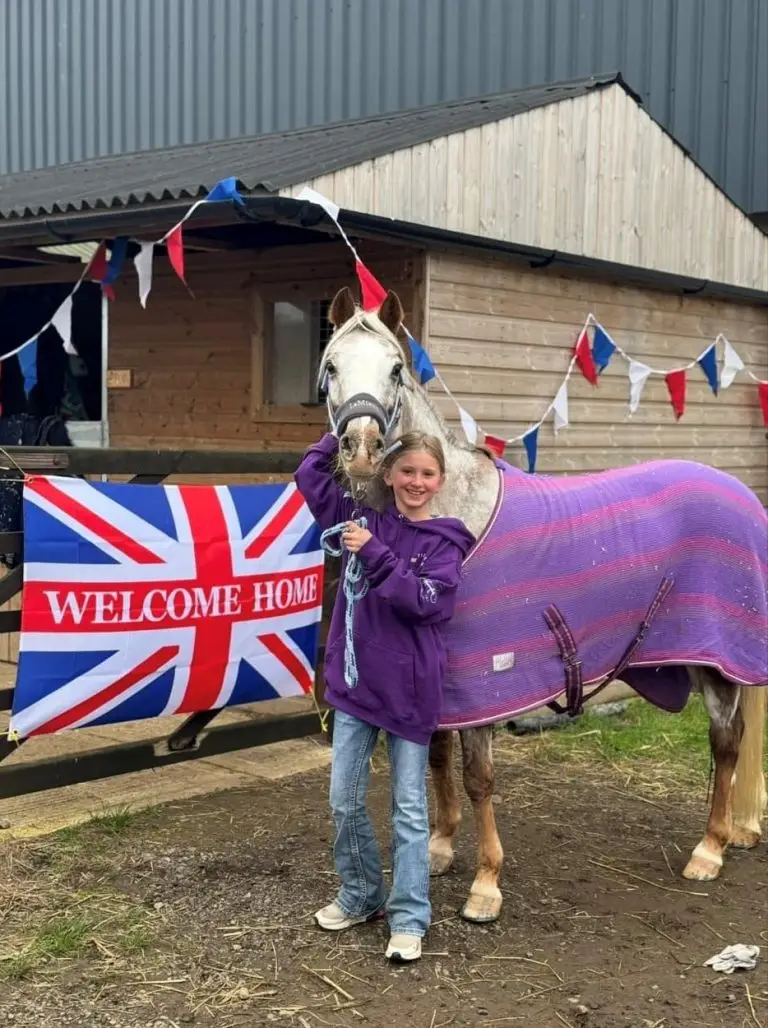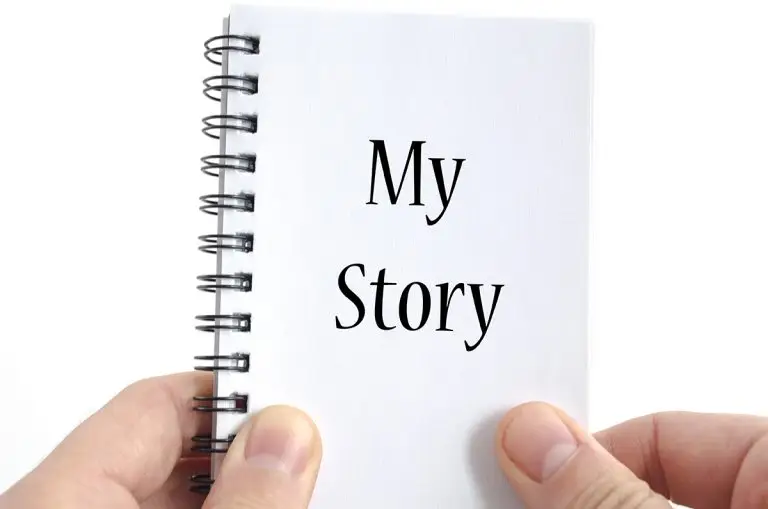Life with ITP- By Rhona Bowie
Life with ITP- By Rhona Bowie

More often than not, in order to reflect on something, the event or experience in question usually has to be over and your thoughts, and feelings on the matter finalised. However, I must confess that my feelings on this matter are certainly not finalised, nor am I sure they ever will be.
Immune Thrombocytopenic Purpura. By now, everybody reading this knows what ITP is. However, at sixteen years of age, when I got diagnosed, I didn’t have a clue. Our bodies attack the platelets that clot our blood, meaning we bleed constantly and freely from everywhere in the body. When it’s put like that it seems almost insignificant, merely a trivial cog that has become rusted in the well-oiled mechanisms of our bodies. Although, it’s not quite that simple is it?
Hospitals have this unique feeling about them, as if time isn’t real and nothing seems quite right. Let’s be clear, no one likes spending their time in the hospital, it’s eerie and too big and is riddled with sick people. And in the summer of 2019, I became one of them.
After undergoing weeks of stress whilst sitting my lifeguard exam, I finally went to the doctors about the weird rash that was covering me head to toe. Within days I lay in a hospital bed, confused and beyond exhausted, with a needle jammed in my arm ready for a blood transfusion that didn’t go ahead. Instead I had to take twenty steroids a day for four days in the hopes of resetting my immune system and to stop my platelet levels dropping below ten.
The hospital practically became my holiday destination that summer and even now, not once, has that eerie feeling that something’s not quite right left me every time I enter the hospital that I have become so well acquainted with. By the time that you’re reading this, it will have been around a year and six months since my diagnosis. And I must admit that at the grand age of seventeen that still sounds like a tiresomely long period of time and to be truthful these past months have felt that way too. It’s a hard concept to wrap your head around. That the world cannot stop and wait for you. That everyone around you will continue to move on, without you. It was a painful revelation as I lay in a stuffy hospital room with the sunlight glaring through the windows. Why did no one seem to understand that life had thrown me this curveball when I hadn’t even learnt to catch yet? My ITP diagnosis forced me to come to the realisation, one I’m certain we all have at some point in our lives: that life does not stop to wait for you and the world continues to turn.
Anger. It’s a word used so frequently to describe a feeling of mild irritation that sometimes we forget how it really, truly feels. But now I can remember. How overwhelming it is. To feel anger behind everything that you do. Anger pooled in the deepest pit of my stomach, through my arms and legs, deep in my bones. First, anger at myself, at my body for letting me down at such an early stage in my life before it had truly even begun. Second, anger at the world that it kept on spinning when my own world felt like it was crashing and tail spinning into darkness. Finally, anger at everyone else. That they got to carry on, complaining about mundane everyday inconveniences. If I’m being honest, which is a challenge in itself, my view on the world changed. And not in the classic coming of age movie scene like way. I was bitter, more negative than I have ever been in my life. My patience and empathy were dwindling, things that I had always relied upon to keep me sane. Which only made me feel worse. I knew it wasn’t a sound outlook to have: that I had some sort of right to feel the way I did, as though my problems were greater than everyone else’s. It’s challenging, to admit to yourself, let alone someone else, the selfish thoughts you have but I know that that is only part of the process. Of grieving the person, I was and accepting this new version of myself.
It doesn’t take a genius to come to the conclusion that there is an endless list of issues in the world. Poverty, homelessness, murder, pollution, famine and disease. And that barely scratches the surface. So why was it okay to feel as though the world owed me something? As if having this illness deserved some sort of explanation as to why? Why me? Why this age? Why this particular disease? All the cliche questions. As though every single other person in the world was not also fighting a battle of their own, many far more extreme than mine. So, is it okay to feel so hard done by and kicked to the curb by life, when other people’s problems can be considered as far worse? I struggled with this concept for so long, and this is where my earlier confession reveals itself, as I still have not discovered the answer to this question. Some days my head feels calm, the tide is low, the waves slow and methodical and the sun shines. And on these days I feel like I don’t have the right to complain at the cards I’ve been dealt, at the sheer idea that I’ve been robbed from a fuller life. Then, there are the days where the tide rises, the waves are high, crashing against the rocks and the sky turns bleak to match my outlook on the world. It feels so incredibly unfair to be stuck with this illness and to have no explanation as to why. However, I’ve realised as I’m sure most people do, that unfortunately, sometimes life is just unfair, and we have to learn to run with what we’ve got.
Hope. An exceedingly dangerous emotion. It can be the only thing in the world that keeps a person going, propelling them through life and without it, we are lost. It doesn’t seem right that it can be stripped away in the blink of an eye. For me it was the word “chronic” being uttered from the doctor’s lips. Although I must admit my hope of going into spontaneous remission was dwindling at each low blood result, it was still there, clinging to every fibre of my being. So to hear my worst fear confirmed, that in fact my ITP was here to stay, for the rest of my life, with no cure and nothing to help it was definitely a kick to the stomach. I think that maybe it’s difficult to reflect upon and find the answer to my burning questions because the reality has not yet hit me. That I will have this autoimmune blood disorder for the remaining years of my life on this earth. And here comes the kicker, I still don’t think I have it in me to regret my illness. Initially, as I’m sure is obvious from my diary like confessions, there was a less than positive change in myself but one that was necessary nonetheless. There is a definite process, one that after you are crushed as a person and are sitting alone questioning the meaning of life itself, one must go through. Although the thing is, this process is forever ongoing, reflections forever changing and yet the world forever turning. So, I’m certain that in another few days, few weeks, few months and most certainly few years my reflections will have shifted. But for now they are as follows; life can be unfair and the sooner we realise that the better, anger is an ugly emotion but one that is occasionally necessary to move on, good days and bad days are valid and must not be underestimated and finally, hope is an emotion that we could not, and should not, live without.




